Overview of the discussion session on socio -economics at the 5th Session, 15th National Assembly
On the morning of May 31, the National Assembly discussed in the hall the additional assessment of the results of the implementation of the socio-economic development plan and the State budget in 2022; the implementation of the socio-economic development plan and the State budget in the first months of 2023.
Speaking in a debate with delegate Tran Quoc Tuan - National Assembly Delegation of Tra Vinh province about the fear of making mistakes and shirking work among civil servants, delegate Tran Huu Hau - National Assembly Delegation of Tay Ninh province said that when giving the reasons for the results of implementing the socio-economic development plan, the Government's report stated: "A number of central and local cadres and civil servants still avoid and shirk work, are afraid of making mistakes, lack responsibility, causing congestion and delays in resolving work".
Delegate Hau said that such an assessment is not wrong, but it only stops at the "phenomenon", it is necessary to look directly at the "nature" of the problem to have a fundamental and appropriate solution; because "cadres" are one of the decisive factors for the success of every organization and every job.
What are officials, civil servants and public employees afraid of?
Delegate Hau shared that in recent months, he had the opportunity to meet with many cadres, civil servants and public employees (CB-CC-VC), from the central level to communes and wards, including mid- and high-ranking cadres of the Party and State.
The delegates raised concerns: What are the officials afraid of making mistakes? Why are they afraid? Delegate Hau said that if in the performance of public duties, to perform their duties and tasks well, there are clear and appropriate regulations and legal corridors, then surely, they will only make efforts to be proactive and creative in finding more effective ways of doing things, there is nothing to be afraid of.
But in reality, many big and small things, if civil servants decide to do them to meet practical requirements, to bring efficiency to the people and the country, will more or less violate current regulations of the Party and the laws of the State. And we are calling them people who dare to think and dare to do for the common good.
Meanwhile, the Party Charter and regulations on what party members are not allowed to do as well as the Law on Civil Servants all require: party members, civil servants and public employees must "strictly comply with the Party's regulations and the State's laws", and must not "chair or advise on the issuance of documents with contents contrary to the Party's regulations and the State's laws. Improperly implement regulations on investment management, construction, use of houses, land, resources, finance and assets of the Party and the State".
According to delegate Hau, such regulations are very correct, they are basic principles in the organization of the Party and the State. Those who see violations of Party regulations and State laws, even if it is “for the common good”, but are not afraid, are probably “deaf to guns” or lack a sense of organizational discipline.
What is blameworthy is that civil servants and public employees know that the regulations are wrong but do not dare to speak up or make recommendations to correct them. What is worrying for public agencies at all levels today is that they see that the regulations are wrong but cannot correct them or cannot correct them in time.
Therefore, delegate Hau commented that "protecting people who dare to think and dare to do" is very difficult, seemingly "impossible", because protecting them in many cases means protecting illegal and unregulated actions.
And then, there is a need for protection - protectors - people who dare to think, dare to do... And, going up the ladder, it may have to go all the way to the National Assembly because the obstacle to making them dare to think, dare to do lies in the incompatibility and contradiction of current laws.
That is not to mention the fact that superiors and authorities find it difficult to assess whether those who dare to think and dare to act are completely for the common good? Is there any “backdoor dealing” or “policy lobbying” behind the scenes? Also because of that, the situation where subordinates ask for opinions, wait for instructions from above, or even are assigned clear tasks but then pass them back to superiors to decide, and the superiors give their opinions before doing is becoming common, and sometimes it is considered the most reasonable method. Looking back at the construction and promulgation of the Decree on encouraging the protection of those who dare to think and dare to act, it seems to be almost the same - the delegate gave specific examples:
The Politburo has Conclusion 14 on the policy of encouraging and protecting dynamic and creative cadres for the common good; Resolution 28, 6th Central Conference "requires the Party's policy of encouraging and protecting dynamic and creative cadres who dare to think, dare to do, dare to take responsibility for the common good".
Resolution 75/2022 of the National Assembly on questioning activities at the 4th session assigned the task to the Home Affairs sector: "Urgently advise on institutionalizing and implementing Conclusion No. 14 of the Politburo on the policy of encouraging and protecting dynamic and creative cadres for the common good"
At the regular meeting in February 2023, the Government assigned the Ministry of Home Affairs to "preside over and coordinate with relevant agencies to urgently develop and submit to the Government for promulgation a Decree on encouraging dynamic, creative, daring, and innovative cadres for the common good"; on April 19, the Prime Minister sent Official Dispatch No. 280, requesting the Ministry of Home Affairs to: "Urgently complete the draft Decree... report to the Government in June 2023".
The direction and guidance are very clear, however, after 3 revisions of the draft and consultation, the Ministry of Home Affairs found that it was “entangled in many legal regulations” so it “is consulting and reporting to the National Assembly Standing Committee to have a pilot resolution on encouraging the protection of officials who dare to think and dare to do. After that, the Prime Minister will issue a decree”.
National Assembly Delegate Tran Huu Hau speaks at the hall.
Focus on immediately amending inappropriate laws or regulations.
From the above analysis, delegate Hau said: We need to find a way so that our civil servants and public employees at all levels do not have to dare to think and dare to do; and there is no need for superiors to encourage and protect those who dare to think and dare to do; civil servants and public employees at all levels only need to focus their efforts and intelligence to be "active and creative" in performing their work most effectively for the people and the country within the framework of Party regulations and State laws.
That means when discovering inappropriate laws or regulations, focus on correcting them immediately with a strict but simple and concise process. Because, according to the draft of the Ministry of Home Affairs: People who dare to think and dare to do must submit their proposals and must be approved by the competent authority.
However, the most difficult and complicated thing is the law; therefore, the final competent authority will be the National Assembly, the National Assembly Standing Committee. Thus, the story will return to the National Assembly for piloting or amending the law.
The delegate repeated the Prime Minister's words about the delegate's question: "The law is from us; in practice, if it is stuck and the stuck is because we set it, then we will fix it." However, to fix unreasonable regulations that we ourselves set is too difficult.
Because, in reality, there are many issues that when brought up for discussion, each cadre and each relevant agency has their own arguments and all seem to be right. And the unfortunate phenomenon that occurs is: in many cases, when all or most of the individuals, agencies and units involved are right, all trying to perform their best and most accurately according to their functions, powers and responsibilities, then there are hot issues of the people and the country that are frozen.
According to delegate Hau, right with right must bring about openness, must help the country develop, and must meet the people's expectations. Right with right cannot lead to stagnation, to impoverishment of the country.
At the end of his speech, delegate Tran Huu Hau proposed that the National Assembly consider more appropriate ways of doing things and procedures to promptly resolve arising problems; so that civil servants and public employees do not have to "dare to think and dare to do", but focus their efforts and intelligence to be proactive, creative, and better perform their duties and tasks within the openness of regulations and laws.
Thanh Trung
(summary)
Source link


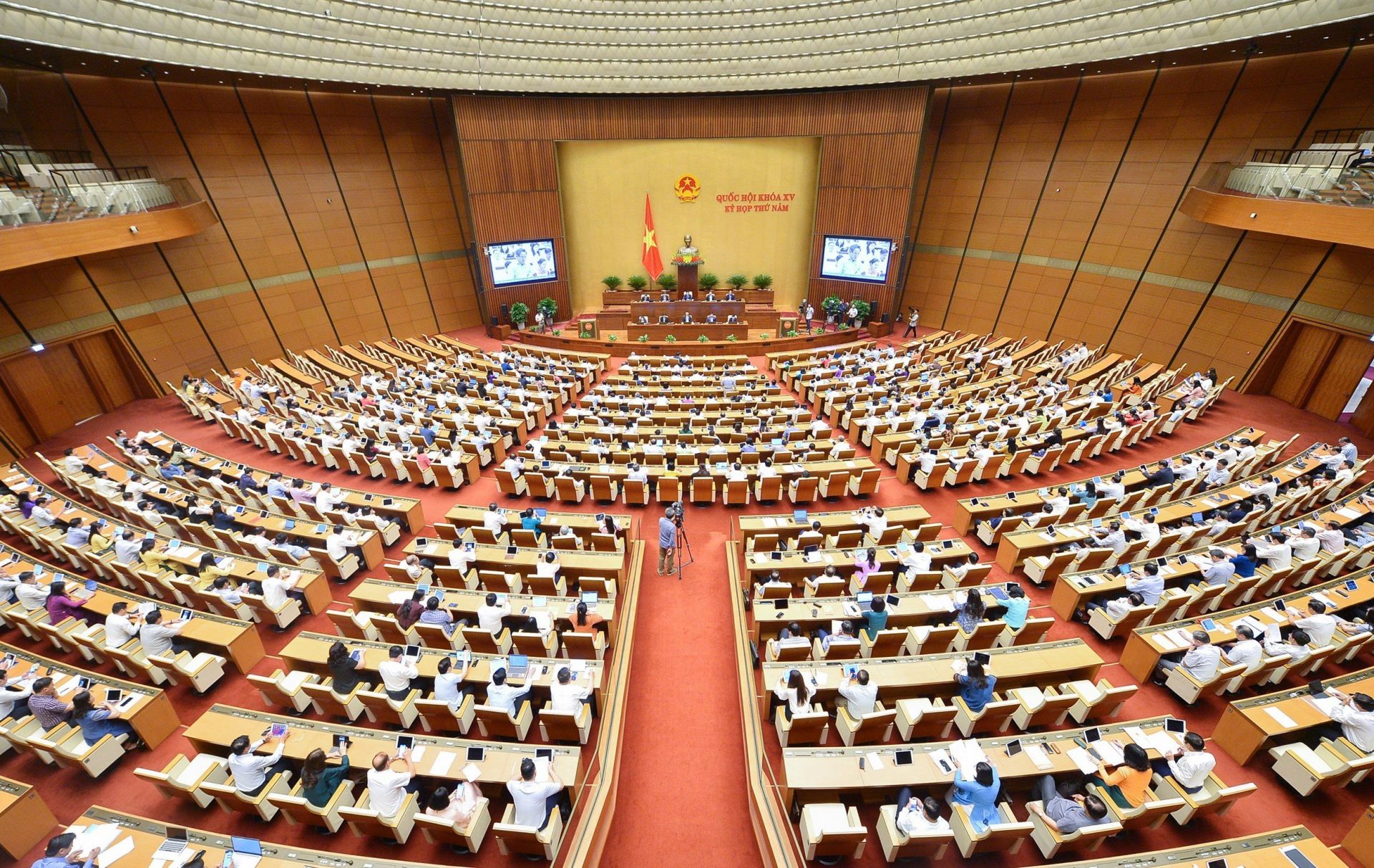
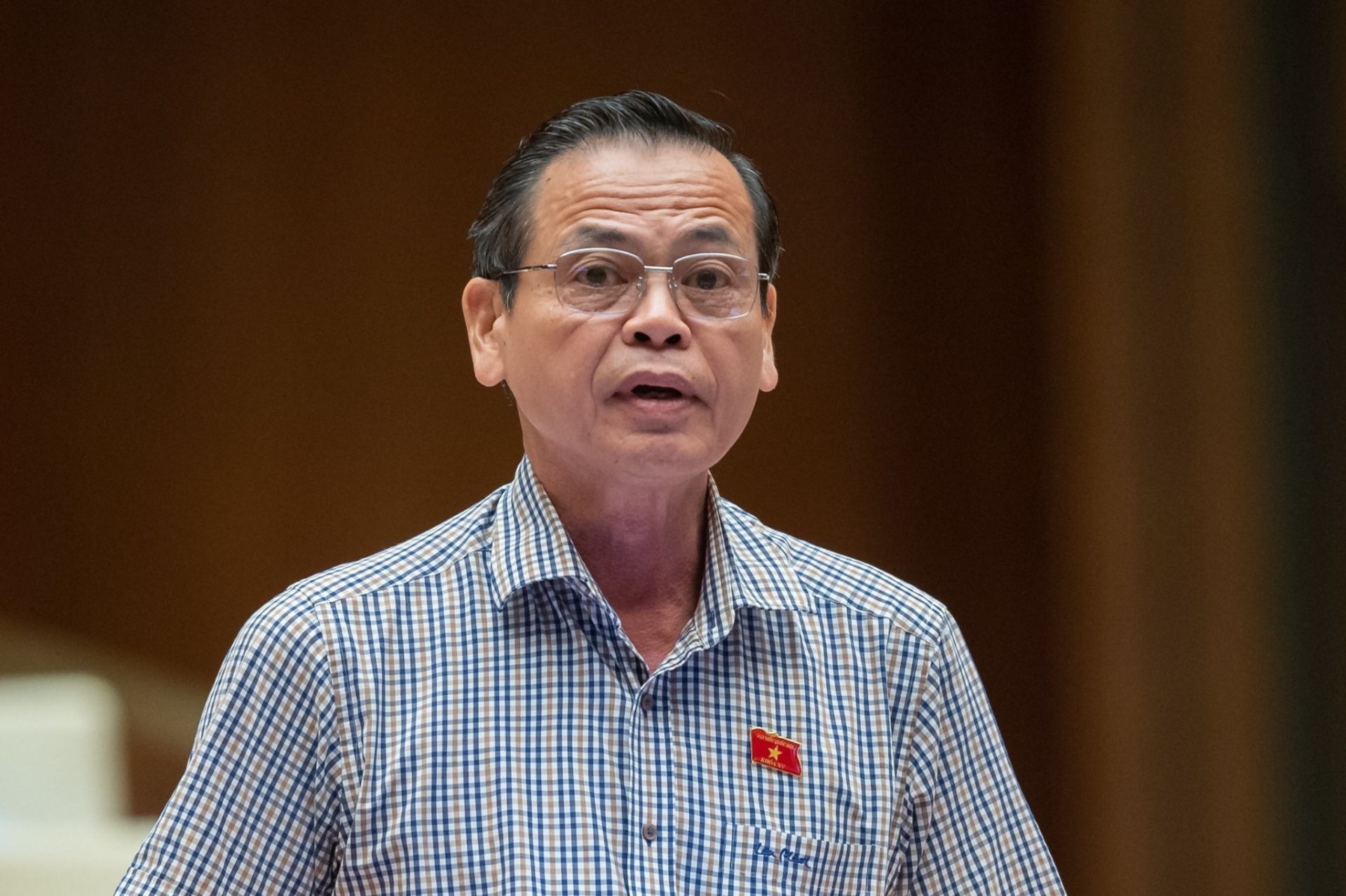



![[Photo] Prime Minister Pham Minh Chinh and Prime Minister of the Kingdom of Thailand Paetongtarn Shinawatra attend the Vietnam-Thailand Business Forum 2025](https://vphoto.vietnam.vn/thumb/1200x675/vietnam/resource/IMAGE/2025/5/16/1cdfce54d25c48a68ae6fb9204f2171a)



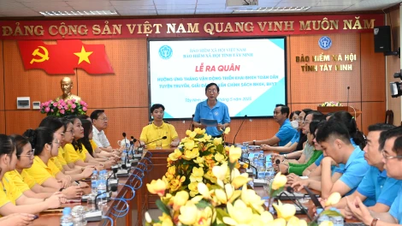



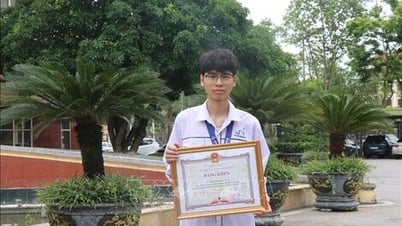





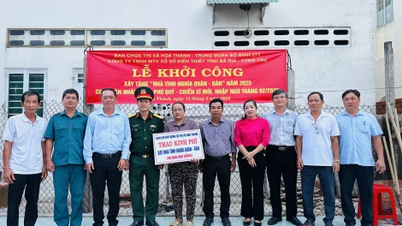

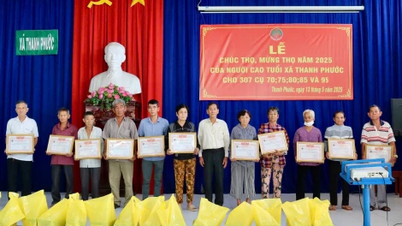
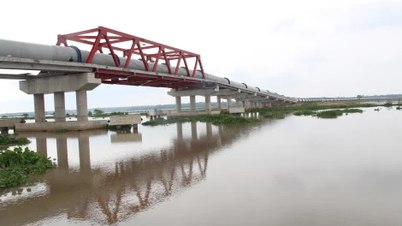
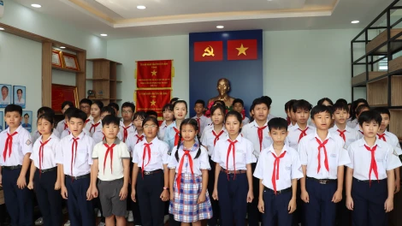
![[Photo] President Luong Cuong receives Prime Minister of the Kingdom of Thailand Paetongtarn Shinawatra](https://vphoto.vietnam.vn/thumb/1200x675/vietnam/resource/IMAGE/2025/5/16/52c73b27198a4e12bd6a903d1c218846)














































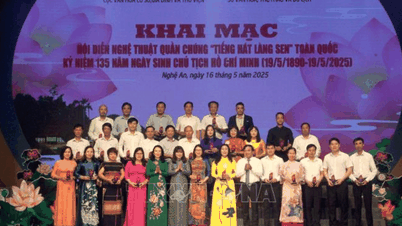


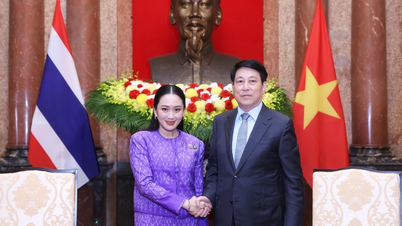



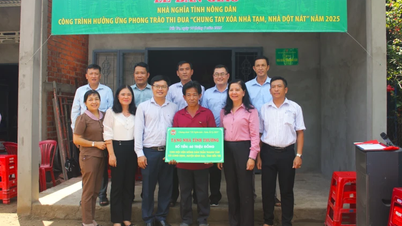










Comment (0)